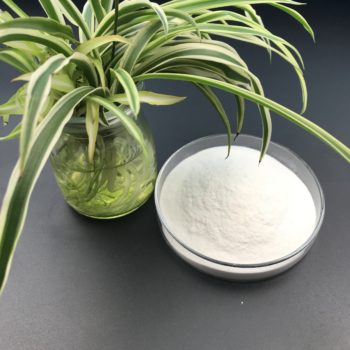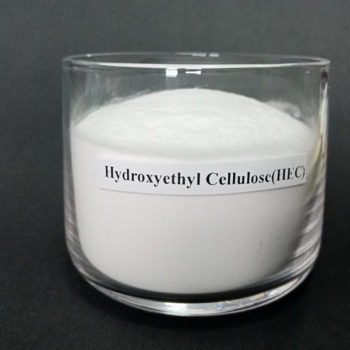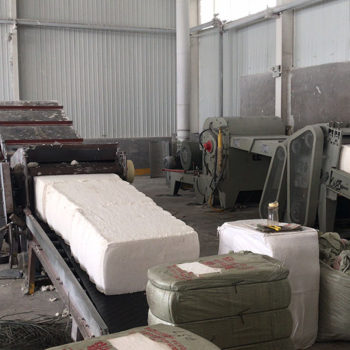Common questions about cellulose products and their applications Part III: Application of cellulose in facial film
1. Does cellulose used in the mask cause deformation of the film?
We have recently selected more than 10 membranes for hydroxyethylcellulose application testing (contrast xanthan gum), which only causes deformation when the mask fabric is unidirectionally woven and very thin. There is no deformation problem for medium and thick masks and thin masks with relatively dense weaves (such as cross weave).
On the contrary, since hydroxyethyl cellulose can soften the mask cloth, the infiltration feeling of the mask liquid is increased. Improve the skin texture of the mask and better play the effect of the mask after use. That is, the skin moisturization after use, the skin elasticity and translucency will increase. And can extend the drying time of the mask!
2. What is the maximum amount of cellulose added to the mask? Is there any muddy effect?
In our recent systematic study, the mask was thickened with 0.5% hydroxyethyl cellulose (HEC) alone without any muddy soil. We also have customer case feedback, and there is no muddy phenomenon with 0.6% HEC. But if 0.2% xanthan gum + 0.125% Cappa will muddy. In the skin sensation evaluation, we did not find that 0.5% HEC caused skin non-breathing.
3. Does adding cellulose to the mask reduce the stickiness when used?
Whether the addition of hydroxyethyl cellulose to the mask reduces the stickiness is also related to the mask cloth itself. Hydroxyethyl cellulose itself has a high hydroxyl content, so it does not have the function of reducing the stickiness. However, if the mask cloth is select, the stickiness can be significantly reduce compare with the xanthan gum.
Of course, there are many factors affecting the sticky feeling of the mask. Such as polyol, high molecular weight sodium hyaluronate and the like. The specific depends on the actual formula. However, controlling the compounding and dosage between raw materials is also key.



